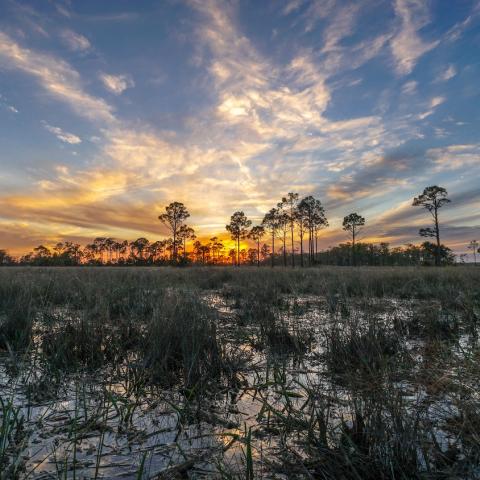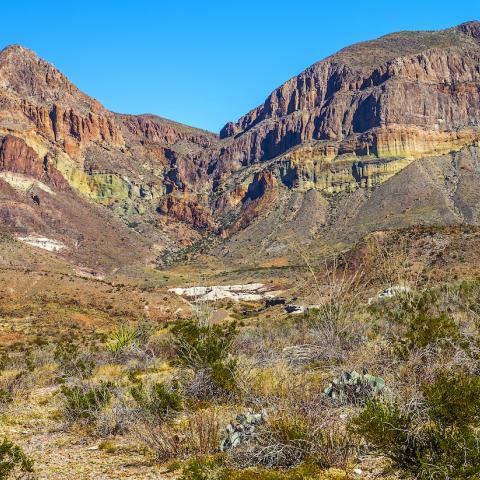Legislation written with the intent of bolstering homeland security wouldn't succeed at that, but could trample national park lands and other federal acreage, according to critics.
The measure, S. 750, was written by Sen. John McClain, R-Ariz. It is very similar to legislation pushed by U.S. Rep. Rob Bishop, R-Utah, in that it would, if passed, "direct the Department of Homeland Security, the Department of Agriculture (USDA), and the Department of the Interior to provide U.S. Customs and Border Protection (CBP) personnel with access to federal lands for security activities, including: (1) routine motorized patrols; and (2) deployment of communications, surveillance, and detection equipment."
While Rep. Bishop's efforts were derailed by a Senate chamber controlled by Democrats, this time the GOP holds the majority in the Senate, which is to consider S. 750 on Wednesday.
"S. 750 purports to provide '100 percent' access for the functioning and operations of the United States Border Patrol on national parks, national monuments, national forests, national wildlife refuges, and other public lands administered by the Secretaries of Interior and Agriculture within 100 miles of the border in Arizona by eliminating the rule of law on those lands. This includes the iconic Saguaro National Park right outside of Tucson, Arizona, as well as millions of other acres of national wildlife refuges, national forest, and national monuments," Mary Beth Beetham, director of legislative affairs for Defenders of Wildlife, wrote in a letter being sent to members of the Senate.
"The bill does this in the name of achieving the unachievable goal of 100% surveillance, apprehension and enforcement," she added.
The letter also noted that back in January the director of the Department of Homeland Security, Jeh C. Johnson, wrote that companion legislation in the House of Representatives "is not a serious effort at legislating border security – and its authors know it. The bill is extreme to the point of being unworkable; if enacted, it would actually leave the border less secure. The bill sets mandatory and highly prescriptive standards that the Border Patrol itself regards as impossible to achieve, undermines the Department of Homeland Security’s capacity to adapt to emerging threats, and politicizes tactical decisions."
Ms. Beetham said Sen. McClain's legislation would increase to 100 miles the area inside the U.S. borders that would be exempt from regulations and requirements in laws such as the Endangered Species Act, National Environmental Policy Act, National Park Service Organic Act, and other environmental laws.




 Support Essential Coverage of Essential Places
Support Essential Coverage of Essential Places







Comments
This is pure balderdash on the part of Rob Bishop. It's part of his continuing anti-environmental and Federal lands management agenda.
When I visited Organ Pipe Cactus a couple of years ago, I asked several rangers and about half a dozen Border Patrol officers about this. I also talked with an Arizona DPS supervisor who manages the electronic surveillance center at Gila Bend.
They ALL said that the chances of apprehending illegal border crossers is actually much greater on wilderness lands than on private lands. The reason being that any movement detected by electronic devices in wilderness or park areas can be quickly and easily checked against any permits. They simply monitor movement and snag the violators at a convenient road crossing or other place.
On the other hand, movement on private land is a different matter. It's impossible to tell if it's something illegal or a landowner working on fences, herding cattle, or just spreading manure.
The DPS man said he figures they have an apprehension rate higher than 80% on park and game preserve lands as opposed to about 20"% on private lands.
So here's an idea: How about a bill that will turn all private lands within 100 miles of the border into Federally protected wilderness? That should be a much more effective way to protect our borders.
Unreasonable? No more unreasonable than Bishop's bulloney.
So they can use motorized vehicles in wilderness. That will be great for cryptogramic soils.